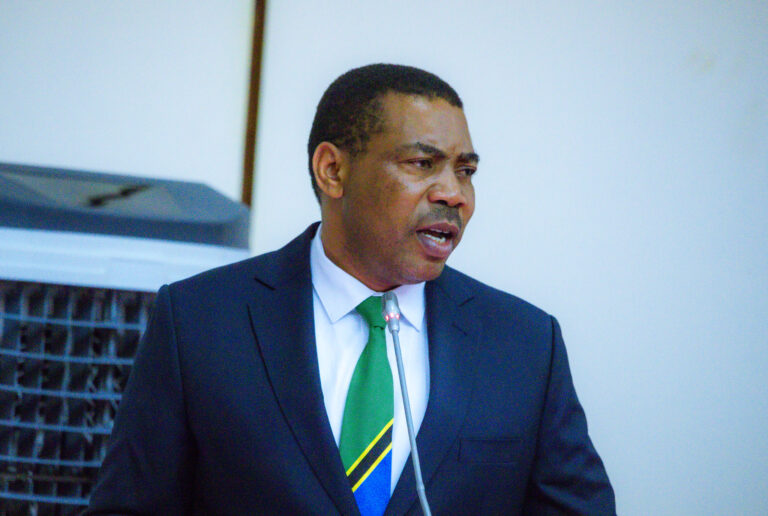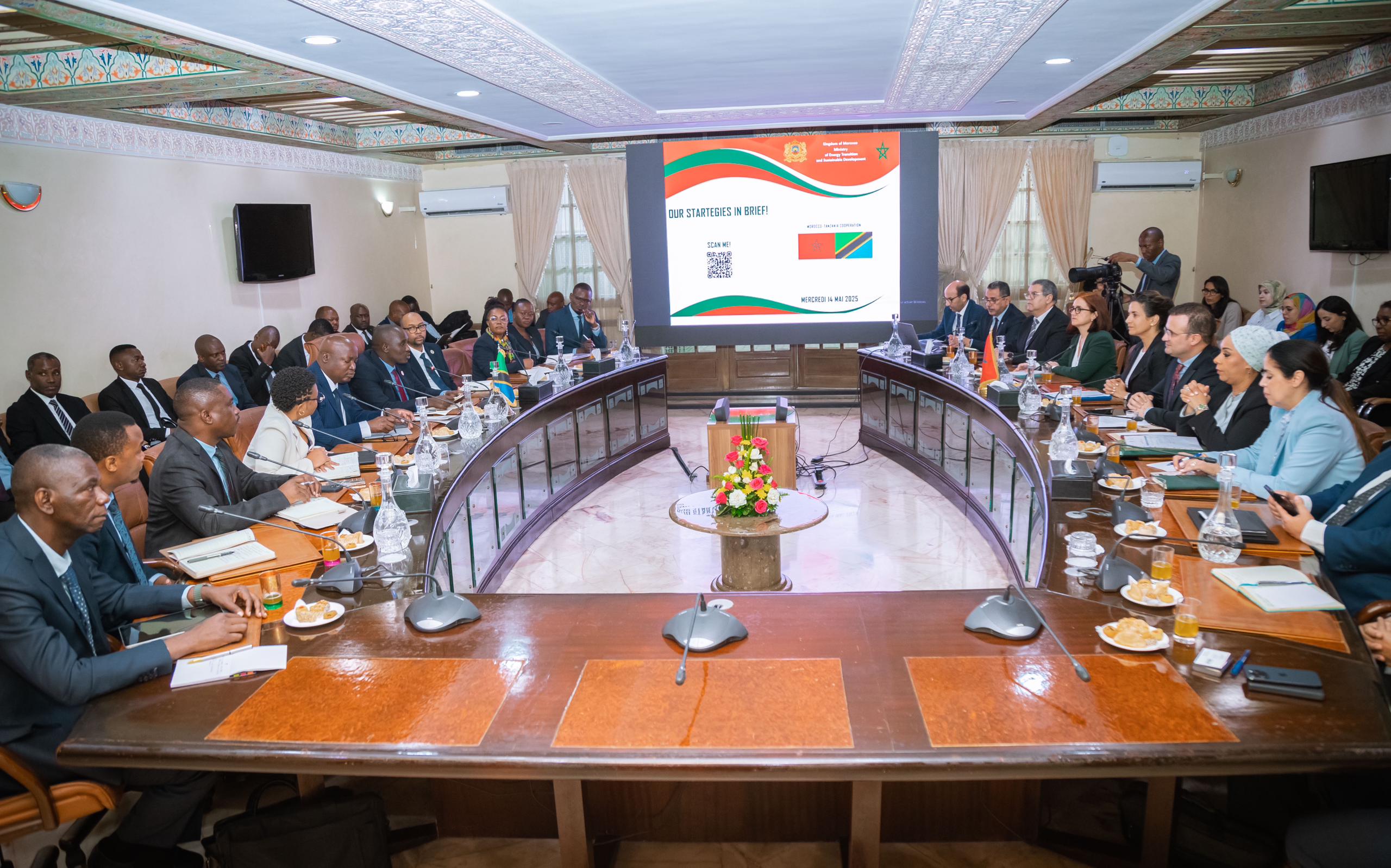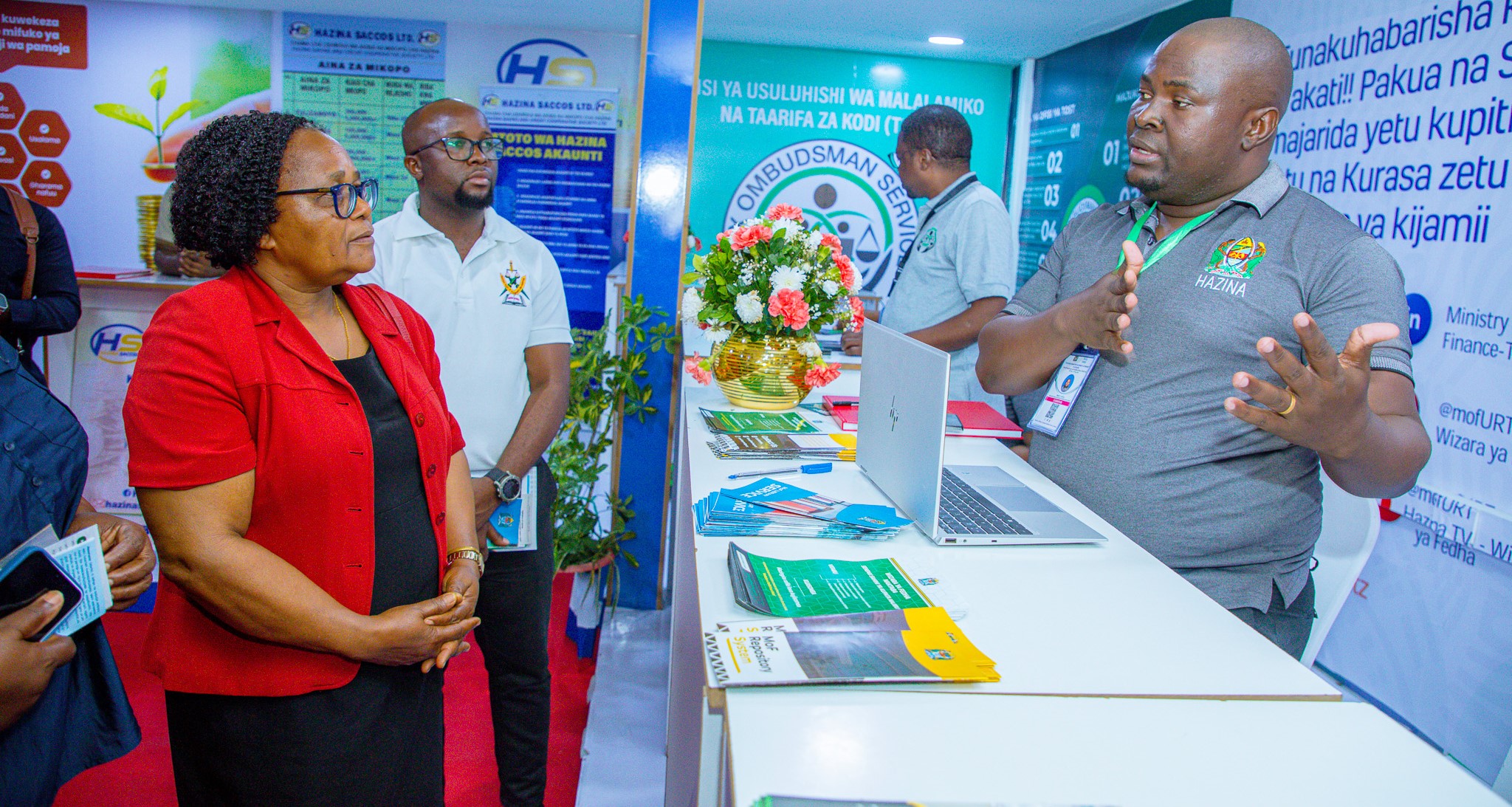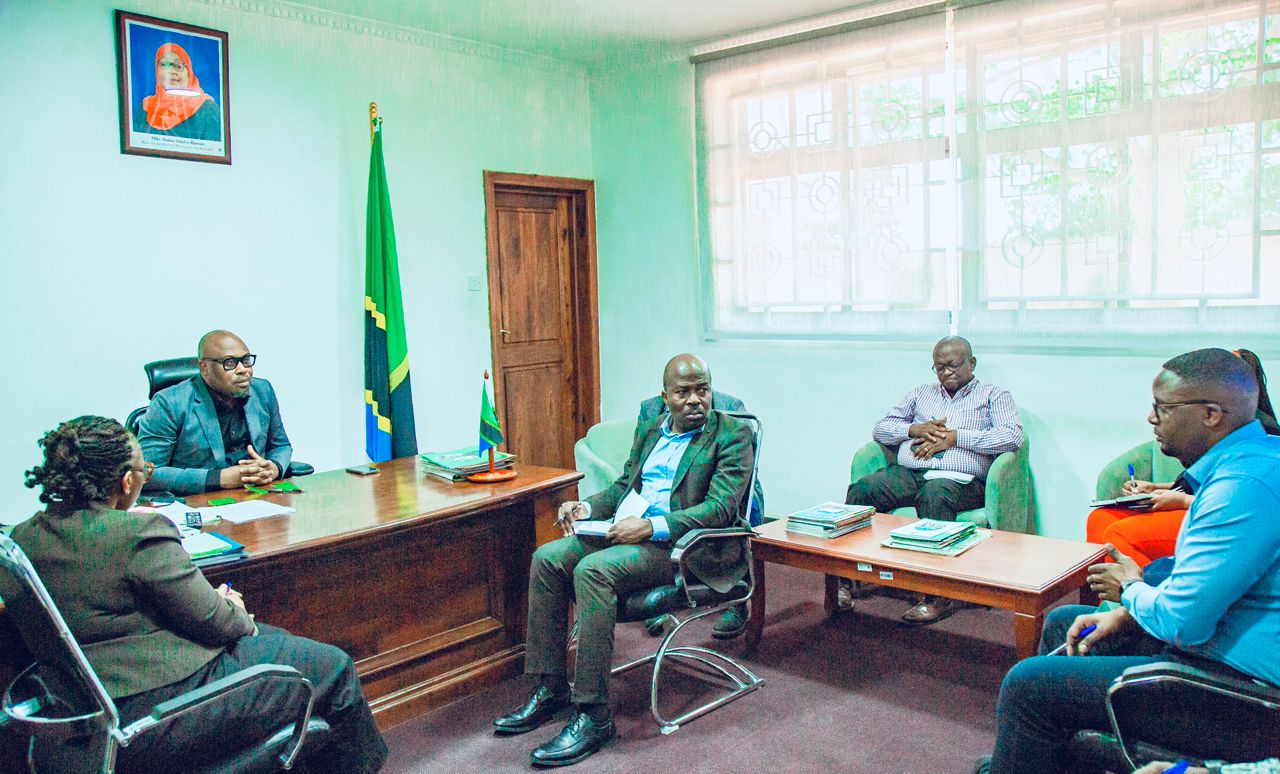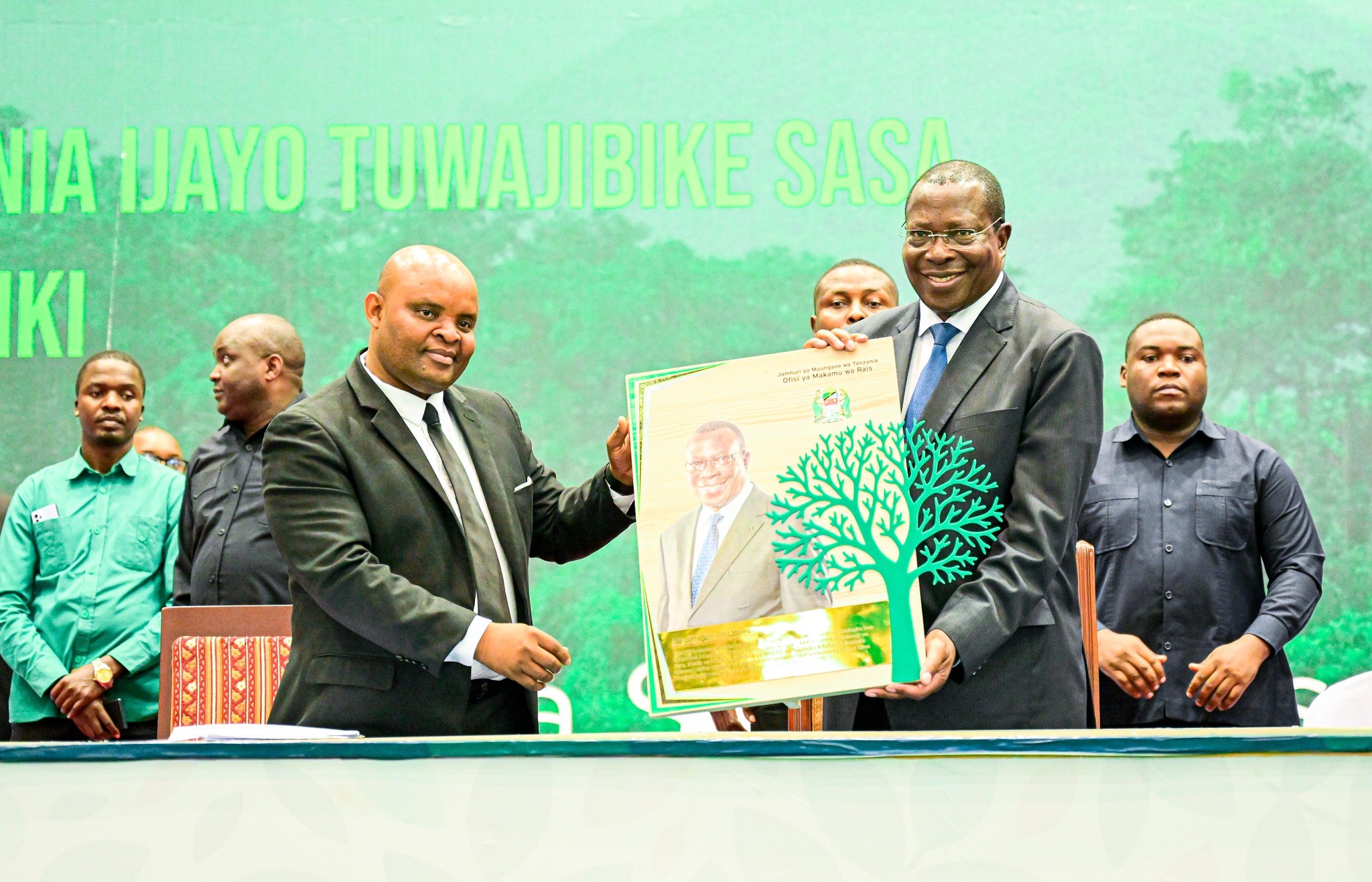What a 13.4pc surge in proposed 2025/26 budget means
T
Dar es Salaam. The government has proposed a 13.4 percent increase in the 2025/26 budget to Sh57.04 trillion, up from the previous fiscal year’s Sh50.29 trillion, to cater for both anticipated and unforeseen circumstances.
The increase represents a substantial injection of funds into Tanzania’s financial landscape and signals an expansion of the government’s fiscal ambitions for the 2025/26 financial year.
Presenting the budget framework proposals in Dodoma on March 11, the minister for Finance, Dr Mwigulu Nchemba, said that Sh40.97 trillion—equivalent to 69.7 percent—would be sourced from domestic revenue.
The remaining 30.3 percent, or Sh16.07 trillion, would be raised through domestic and external borrowing.
The 13.4 percent increase is a departure from the Five-Year Development Plan (FYDP) 2021/22–2025/26, which proposed an 11.6 percent increase for the 2025/26 budget over the previous year’s budget.
The budget framework is generally aligned with macroeconomic and fiscal policy objectives as outlined in the FYDP and the Long-Term Perspective Plan 2011/12–2025/26, both derived from implementation strategies of Vision 2025.
A key driver of the increase in the proposed 2025/26 budget is the upcoming general election, underscoring the government’s commitment to democratic processes.
Additionally, infrastructure development related to Tanzania’s hosting of the CAF Africa Cup of Nations (Afcon) 2027 has contributed to the budget expansion. This major sporting event represents a significant investment in infrastructure and national prestige.
Another factor necessitating the budget increase is the potential policy shifts by development partners, particularly the United States.
The government has had to take a proactive approach following the abrupt scaling down of funding by the United States Agency for International Development (USAID).
In the 2024/25 budget, Dr Nchemba indicated that USAID had committed Sh15.93 billion to the government budget through project financing.
However, considering other projects USAID was funding through commitments in previous budgets, the sudden halt in disbursements would significantly impact various sectors, requiring the government to step up its financial commitments.
Though the actual budget to be tabled in Parliament in June 2025 may undergo adjustments depending on emerging realities, the government faces the challenging task of scaling up domestic revenue mobilisation.
There may also be a need for increased borrowing to bridge revenue shortfalls, necessitating prudent debt management to avert future financial strain.
Ultimately, the proposed 13.4 percent budget increase reflects a bold fiscal strategy.
However, its long-term success will depend on disciplined financial management, effective project execution, and transparent governance.

